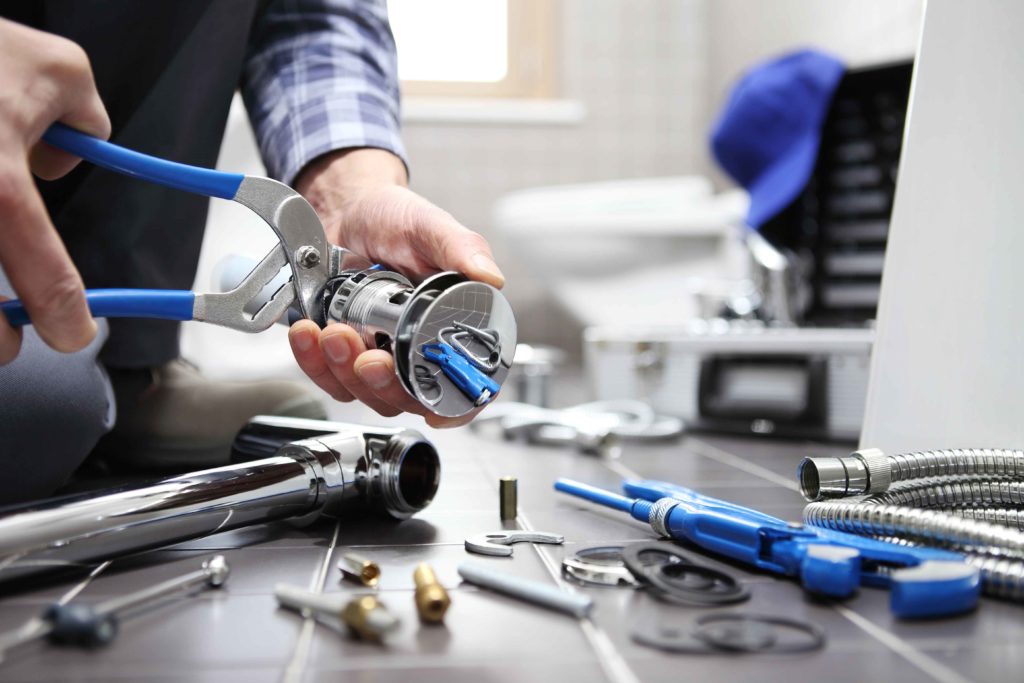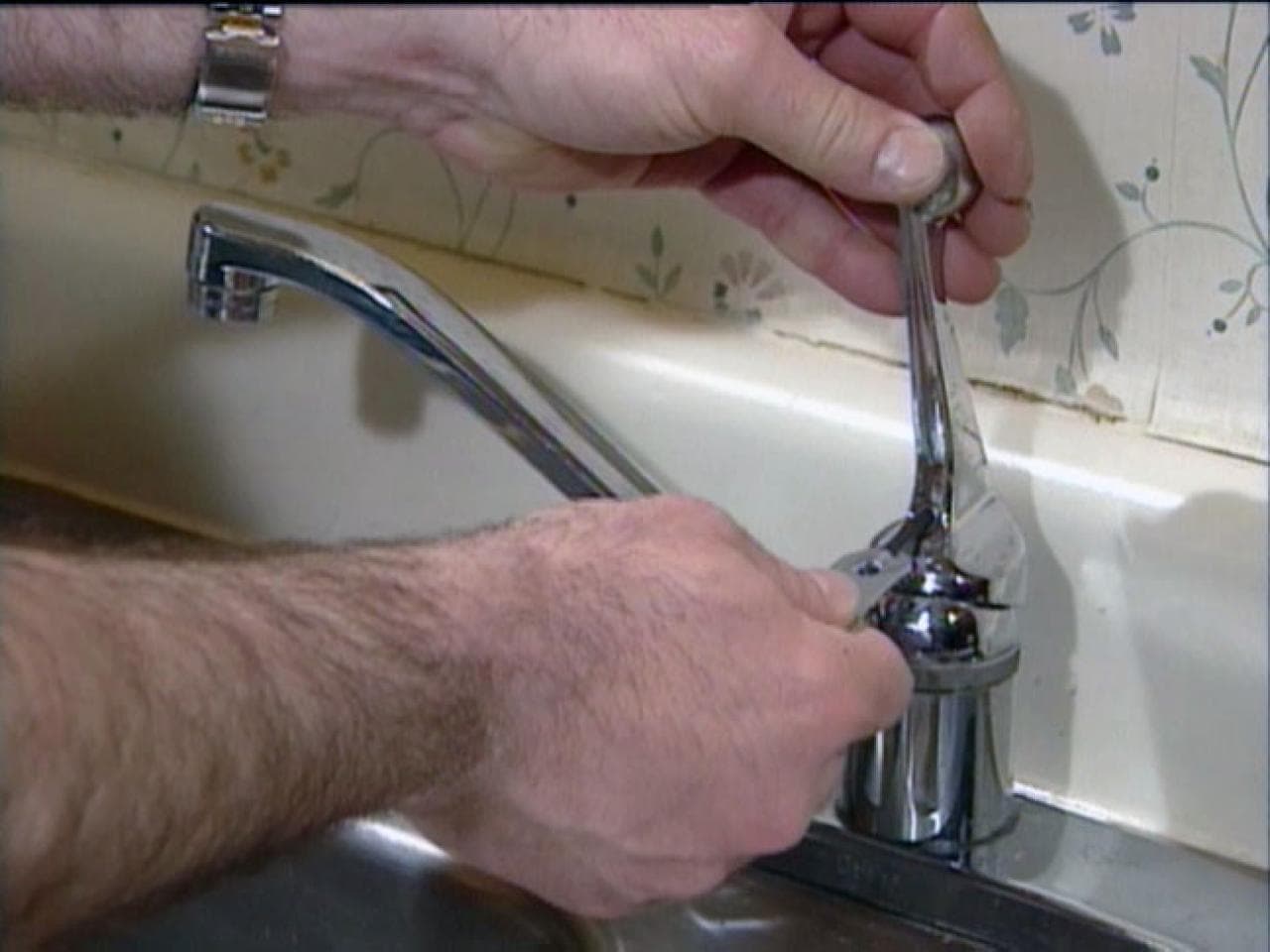Every person is bound to have their personal idea about Leaky Faucets: Why They Happen & What to Do About Them.

Leaking taps could feel like a minor aggravation, however their impact exceeds just the inconvenience of the noise. From drainage to sustaining unnecessary monetary expenses and wellness threats, ignoring a dripping faucet can bring about various consequences. In this article, we'll delve into why it's essential to address this common home issue without delay and efficiently.
Wastage of Water
Environmental Influence
Trickling faucets contribute significantly to water wastefulness. According to the Epa (EPA), a solitary faucet trickling at one drip per secondly can squander more than 3,000 gallons of water each year. This not just stress water sources but likewise influences environments and wildlife dependent on them.
Step-by-Step Guide to Taking Care Of a Dripping Tap
Tools Needed
Prior to attempting to take care of a trickling faucet, gather the essential tools, consisting of an adjustable wrench, screwdrivers, replacement parts (such as washing machines or cartridges), and plumber's tape.
Typical Tap Issues and Their Solutions
Recognize the type of faucet and the certain concern causing the drip. Typical issues consist of worn-out washing machines, rusty shutoff seats, or faulty O-rings. Refer to producer directions or on-line tutorials for detailed advice on repairs.
Financial Prices
Increased Water Bills
Past the environmental effect, leaking faucets can inflate water bills considerably. The gathered wastefulness with time equates into higher utility expenditures, which could have been prevented with prompt fixings.
Possible Property Damages
Furthermore, prolonged trickling can result in harm to fixtures and surface areas surrounding the tap. Water build-up can create staining, deterioration, and even architectural issues if left ignored, resulting in extra fixing costs.
Wellness Concerns
Mold and Mold Growth
The consistent presence of moisture from a leaking tap develops an ideal setting for mold and mildew growth. These fungi not only jeopardize interior air top quality but also present wellness threats, specifically for people with respiratory conditions or allergies.
Waterborne Conditions
Stationary water in trickling taps can end up being a breeding ground for bacteria and various other virus, boosting the danger of waterborne illness. Contaminants such as Legionella bacteria grow in stationary water, possibly leading to significant ailments when consumed or inhaled.
Do it yourself vs. Expert Repair work
Benefits and drawbacks of DIY Fixing
While some may try to repair a dripping tap themselves, do it yourself repair services come with their own collection of challenges. Without appropriate expertise and tools, do it yourself attempts can intensify the concern or cause insufficient fixings, extending the trouble.
Advantages of Working With an Expert Plumber
Working with an expert plumber makes certain that the underlying cause of the leaking tap is resolved effectively. Plumbings possess the experience and equipment to diagnose and repair tap concerns efficiently, conserving time and decreasing the threat of more damages.
Ecological Obligation
Private Contribution to Conservation
Taking duty for dealing with leaking faucets aligns with wider efforts towards water conservation and environmental sustainability. Every person's actions collectively make a substantial effect on preserving valuable resources.
Lasting Living Practices
By prioritizing punctual repair work and embracing water-saving routines, individuals add to sustainable living techniques that benefit both present and future generations.
Safety nets
Regular Maintenance Tips
To prevent leaking taps, perform routine maintenance such as cleansing aerators, examining for leakages, and replacing worn-out parts quickly. In addition, consider setting up water-saving tools or upgrading to much more reliable components.
Relevance of Prompt Repairs
Attending to trickling taps as soon as they're discovered stops additional water wastage and potential damages, inevitably conserving both water and cash in the future.
Influence On Residential Or Commercial Property Value
Understanding of Well-Maintained Home
Preserving a building in good condition, including addressing upkeep concerns like leaking taps, improves its perceived worth and charm amongst possible buyers or renters.
Influence on Resale Value
Residences with well-maintained plumbing components, consisting of taps, command greater resale values in the property market. Dealing with trickling faucets can contribute to a favorable impact during home assessments and arrangements.
Verdict
Addressing a leaking faucet exceeds plain ease; it's an essential step toward saving water, minimizing monetary expenses, and securing health and wellness and building. Whether via do it yourself fixings or specialist help, taking action to fix trickling faucets is a small yet impactful means to advertise liable stewardship of sources and contribute to a much healthier, a lot more sustainable future.
How to Fix a Leaky Faucet: Step-by-Step Repair Guide
A leaky faucet may seem like a simple annoyance, but if it's not fixed promptly, that leak could cost hundreds to potentially thousands. From water damage to mold, mildew, and high water bills, even a tiny leak can be catastrophic if left unattended. Damage like this can even affect the overall value of your home, so it's important to take the right approach for leaky faucet repair. You may need the help of a plumber in some cases, but we've got a few tips you can try on how to fix a leaky faucet before calling the pros.
Four Faucet Types
When you're learning how to fix a leaky faucet, the first step is knowing what kind of faucet you're working with! There are four common types.
Cartridge Faucets
Cartridge faucets come in one- or two-handled varieties. In one-handled cartridge faucets, hot and cold water combines in a single cartridge. In the two-handled versions, hot and cold water are controlled separately and mixed in the faucet.
Ball Faucets
Ball faucets have a single lever you push up and down to adjust the pressure and rotate to change the temperature. A slotted metal ball controls the amount of water allowed into the spout.
Compression Washer Faucets
They're the oldest type of faucet, but they're still used in many homes — especially older ones. Compression faucets have two separate handles that, when turned, raise or lower the washer that seals a water valve. This valve stops water from flowing through the faucet when it is turned off.
Disc Faucets
Disc faucets rarely need to be repaired due to their maintenance-free design. The water flow is controlled by two discs — the upper one raises and lowers against a fixed lower disc, creating a watertight seal. If your disc faucet starts leaking, you may need to replace the seals or clean residue buildup from the inlets.
Fixing a Leaky Faucet
Step 1: Turn Off the Water
Whether you're learning how to fix a leaky bathtub faucet or how to fix a leaky kitchen faucet, always turn off the water supply to your working area when you're fixing a leak. The last thing you want is a flood added to your list of things to fix.
Look for the shutoff valves below your sink or around the tub and turn them clockwise to stop the water flow. If your faucet doesn't have shutoff valves, you may need to turn off the water for the whole house. Check to make sure it's off by turning the faucet on. If nothing comes out, you're ready to start the repair.
Step 2: Take Apart the Faucet
How you disassemble your faucet depends on the type of fixture you have. You can use a flathead screwdriver to remove the caps on top of the handle or handles for cartridge and compression faucets. Inside, you should see handle screws. Unscrew these with a screwdriver to remove the handle.
Disc- and ball-style faucets will typically have an inlet screw near the handle, and removing that will reveal the interior of the faucet.
Detach the Valve Stem
For cartridge- and compression-style faucets, you'll see the inner valve stem or cartridge once you remove the faucet handles. If you have a compression faucet, unscrew the brass valve stem. If you have a cartridge faucet, pull out the cartridge. If your cartridge has been in place for a while, it may require some tools or extra force to remove it due to mineral deposits.
Examine and Replace Parts
Once you've removed the parts, check them out to confirm what needs to be replaced. You may see corroded rubber washers, O-rings, stems, or cartridges. On a ball-style faucet, check the seats and springs for damage.
If you need to repair a leaky disc faucet, check the inlet and seals on the lower disc.
Once you determine what parts must be replaced, visit your local hardware store. Bring the damaged parts with you to ensure you can purchase the correct components to replace them.
Clean Valves and Faucet Cavity
If you've removed a stem or cartridge, you may notice mineral buildup in the faucet's threads. Use white vinegar to clean the valve seat by soaking it for a few minutes, then scrub it away with a soft toothbrush and rinse with warm water. You can also clean the interior of the faucet in the same way.
Reassemble the Faucet
Once your faucet is cleaned and the required parts have been replaced, it's time to reassemble it. Put the pieces back together and slowly turn the water supply back on. Doing this slowly is crucial because too much initial water pressure can damage the new hardware you've just installed.
https://homewarranty.firstam.com/blog/how-to-fix-leaky-faucet

As a fervent person who reads about Leaky Faucets: Why They Happen & What to Do About Them, I imagined sharing that editorial was beneficial. Sharing is good. Who knows, you may just be doing someone a favor. Thanks for taking the time to read it.